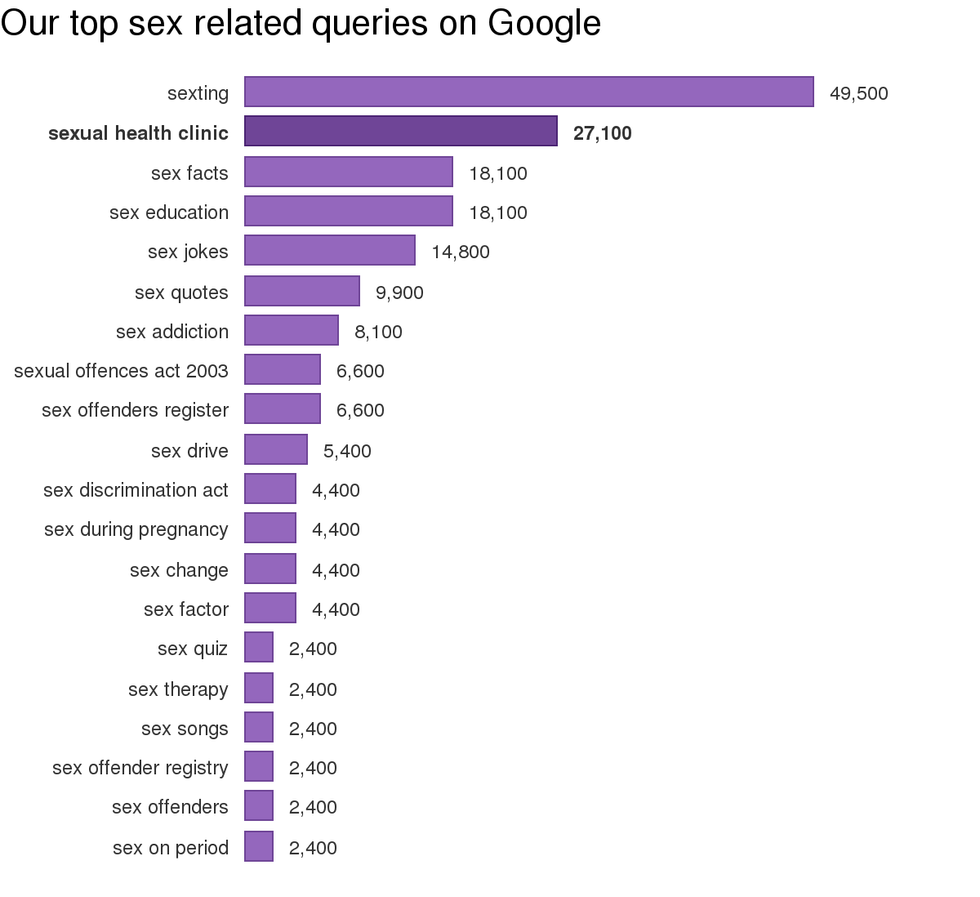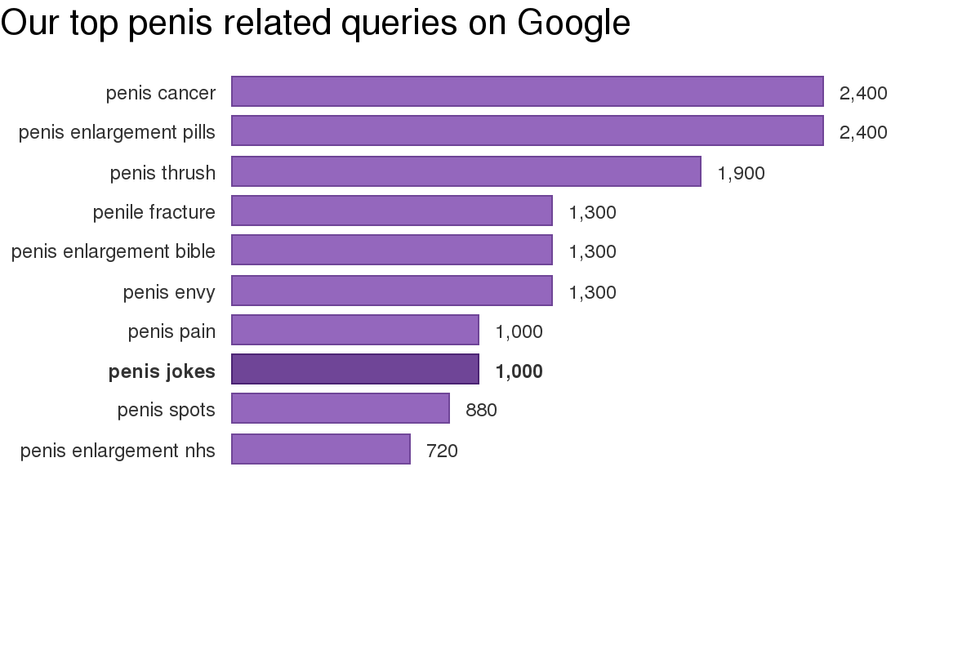Science & Tech
Dina Rickman
Feb 04, 2015

Women who had one or no oral-sex partners during their life were far less likely to contract the specific kind of HPV
Can you remember the last thing you Googled about sex? This New York Times article from data scientist Seth Stephens-Davidowitz might help jog your memory.
The former Google worker has done an analysis of our sex-related searches using publicly available anonymised data. He found that the top complaint on Google is about not having sex - with sexless marriage searches three and a half times more common than searches about unhappy marriages.
Stephens-Davidowitz also found our Google searches display society's huge anxiety about sex. For every 100 questions about penises on Google, there are 67 about hearts, 57 about eyes, and 40 about heads (assuming only half of the questions about body parts are asked by men). Out of the top 10 questions about penises, 9 were about size - and one was about smell. His conclusion?
This data makes me feel less lonely. In my previous studies of Google data, I had found the viciousness that humans often hide. But this time around, I have seen our hidden insecurities. Men and women are united in this insecurity and confusion.
Inspired by Stephens-Davidowitz i100.co.uk scraped the top searches with the word 'sex' in them made in Britain from Google using Ubersuggest and ran them through the same tool Stephens-Davidowitz uses, Google's Keyword Planner. Excluding film names and TV series from the data, this is what we found:
In Britain an average of 2,400 people a month search for penis enlargement pills - and 720 people per month search for penis enlargement NHS.
The top vagina searches in Britain tell their own story: they are about discharge, thrush, prolapse, itching, bleeding, dryness, infection, cancer and cysts.
More: Are your sexual fantasies normal? Science has the answer
Top 100
The Conversation (0)















